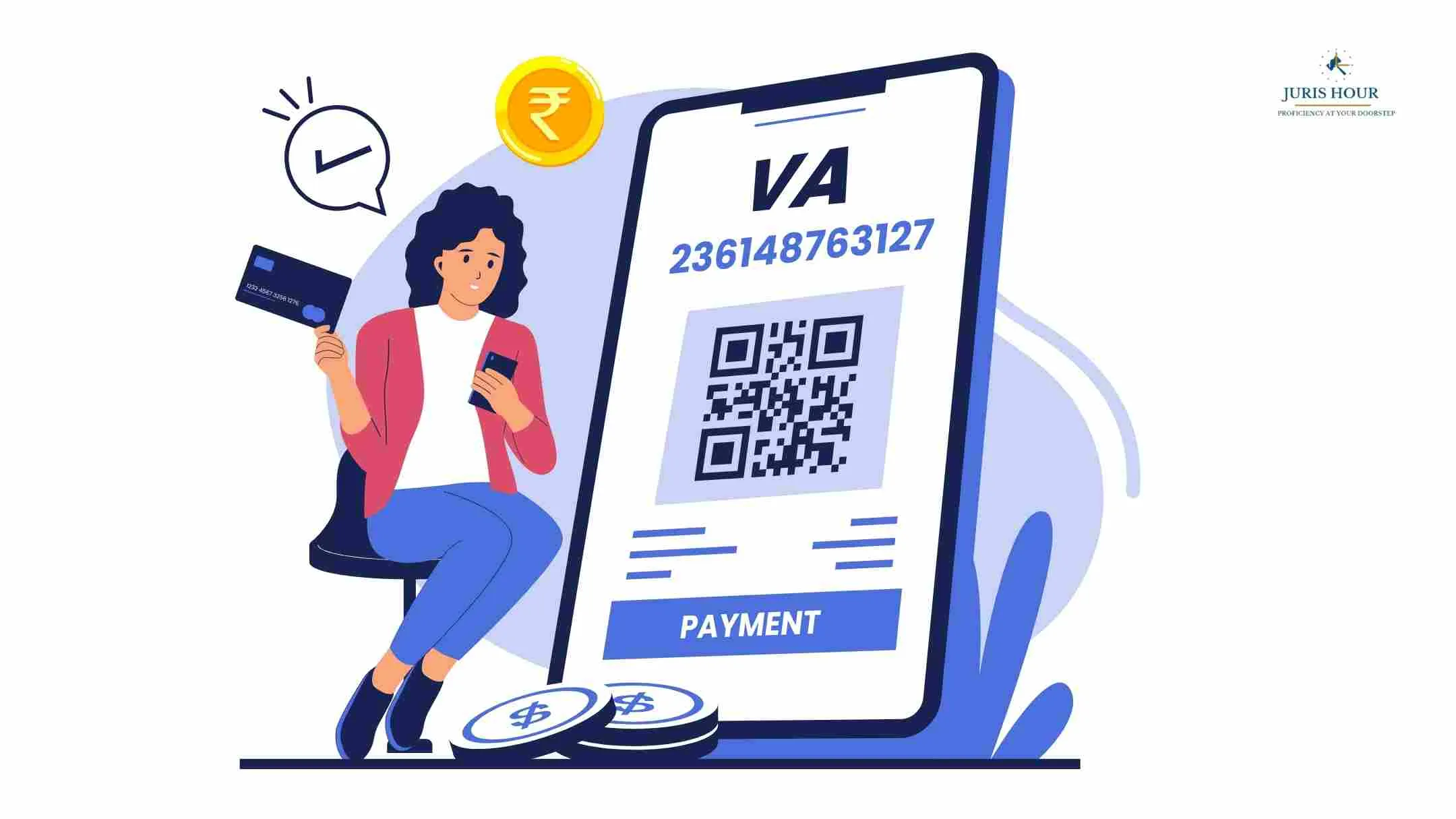Karnataka GST Department Clarifies Digital Payments Issue Amid Trader Confusion
In response to widespread confusion sparked by recent notices and media reports, the Karnataka Commercial Taxes Department has issued a detailed clarification concerning GST compliance for traders transacting through digital payment platforms like UPI and POS machines.
The press note was released to calm anxieties within the trading community after the circulation of media reports suggesting mass scrutiny of digital payments. The department emphasized that receiving payments through UPI or any digital mode does not automatically imply tax evasion or non-compliance.
Mandatory Registration Thresholds Clarified
Under Section 22 of the Goods and Services Tax Act, 2017, any person conducting business with an annual turnover exceeding Rs. 40 lakh (for goods) or ₹20 lakh (for services) is required to obtain GST registration. This applies irrespective of whether payments are received via cash, UPI, bank transfers, or other means.
The department reiterated that GST liability is calculated only on taxable goods and services, and registered businesses are allowed to offset this liability using eligible input tax credit—thereby reducing the net tax payable.
Composition Scheme Eligibility Explained
Traders with annual turnover up to Rs. 1.5 crore are eligible to opt for the composition tax scheme, which allows payment of GST at a concessional rate of 1% (0.5% SGST + 0.5% CGST). However, this benefit is available only to those who have obtained GST registration. Turnover earned before registration is not eligible under the scheme.
As of now, 98,915 taxpayers in Karnataka have enrolled under the composition scheme. The department confirmed that recent notices have been sent to less than 10% of these taxpayers, aimed specifically at individuals or entities exceeding turnover limits without proper registration.
Digital Payment Is Not a Trigger for Tax
The department further clarified that UPI or digital mode is merely a method of receiving consideration for supplies—it does not change the taxability of the transaction. Alarmingly, it has been observed that some traders have begun avoiding UPI payments to escape scrutiny, which the department considers a regressive step.
“The GST is applicable on the consideration received in any form. UPI is only a method of payment,” the statement emphasized, adding that attempts to switch to cash-only transactions will not shield businesses from tax obligations.
Assurance of Support and Simplified Registrations
To alleviate concerns, GST officials have been instructed to guide traders constructively, verify documents when submitted, and ensure that taxes are levied only on taxable supplies. The department also promised a smoother registration process without undue inconvenience to taxpayers.
The Commercial Taxes Department urged traders to cooperate by submitting necessary documents if they’ve received notices and assured that every effort will be made to apply GST provisions fairly and transparently.
This move comes as part of the government’s broader push to increase compliance without causing disruption to legitimate business activities.

